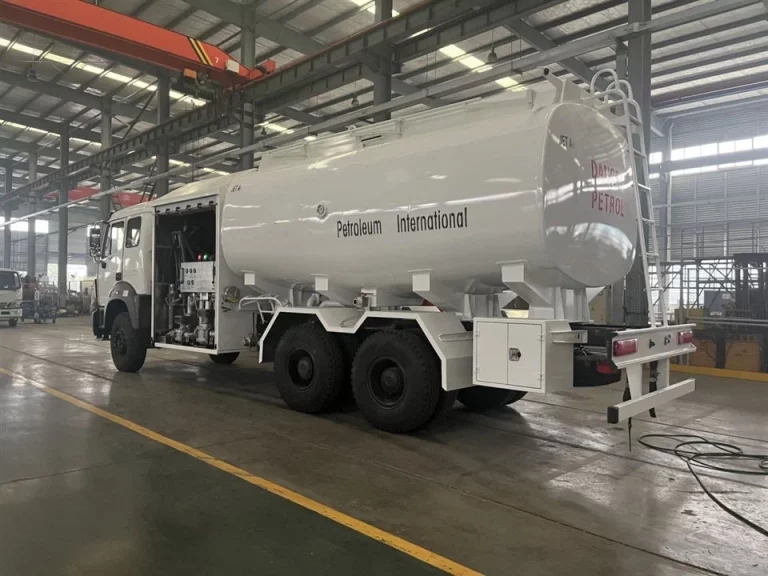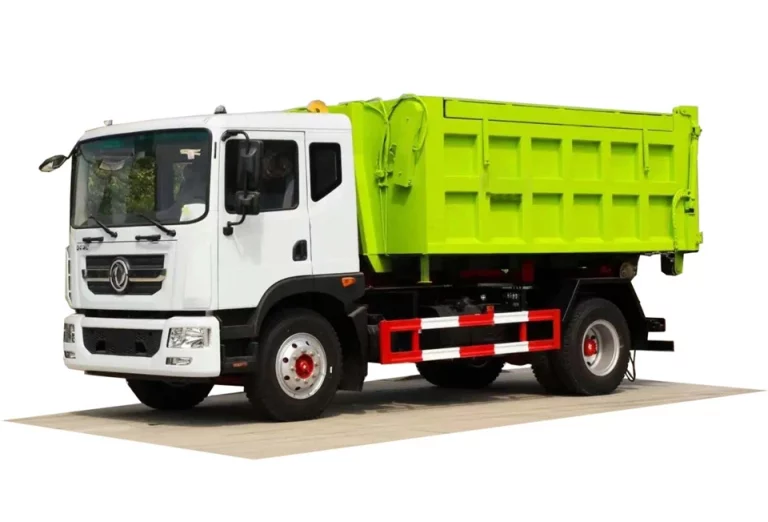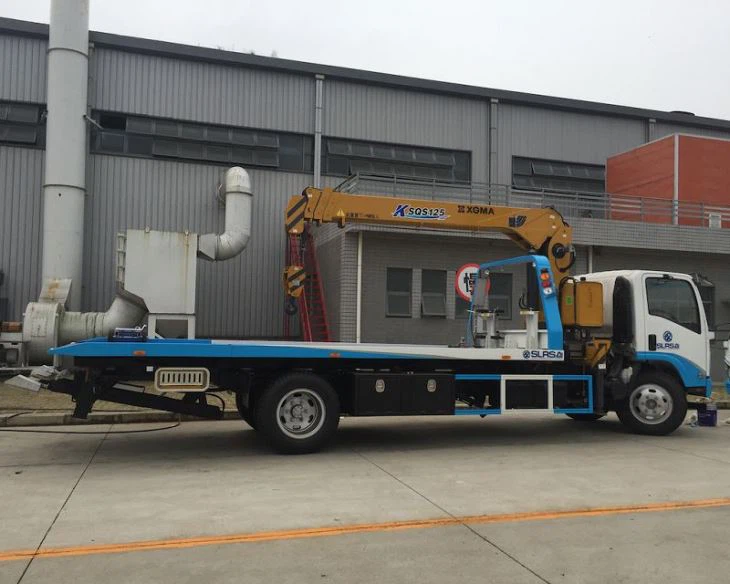When it comes to outdoor adventures and road trips, choosing the right vehicle is essential for a comfortable and enjoyable experience. Two popular options that often come up in discussions are campers and RVs. While many people use these terms interchangeably, they actually refer to different types of vehicles, each with its own features, benefits, and drawbacks. This article aims to clarify the difference between a camper and an RV, helping you make an informed decision on which is right for your travel needs.
What is a Camper?
A camper, commonly referred to as a camping trailer, is typically a smaller vehicle designed for improving the camping experience. They can be towed by other vehicles and come in various forms such as pop-up campers, travel trailers, and truck campers. Each type has its distinct characteristics.
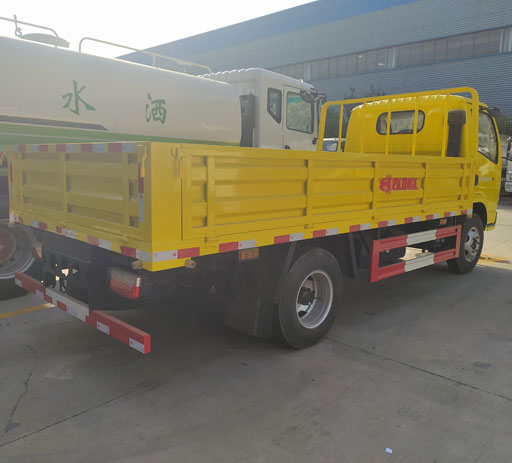
Types of Campers
Pop-Up Campers
Pop-up campers are lightweight and easy to tow. They feature a foldable design that expands into a more substantial living space upon arrival. This type typically includes basic amenities like a cooking area, sleeping quarters, and storage.
Travel Trailers
Travel trailers are larger campers designed to offer more space and comfort. They can be equipped with full bathrooms, kitchens, and multiple sleeping areas. These trailers require a towing vehicle with sufficient capacity to handle the weight.
Truck Campers
Truck campers are specifically designed to fit onto the bed of a pickup truck. They are compact and allow for easy transportation, making them a popular choice for those who wish to explore rugged terrains.
Advantages of Campers
- Cost-effective: Generally, campers are less expensive than RVs, making them more accessible to a broader range of consumers.
- Versatile: Campers can be used for various purposes, including family camping trips or adventurous off-road experiences.
- Lower maintenance: With fewer complex systems, campers can require less upkeep than larger RVs.
What is an RV?
Recreational Vehicles (RVs) are self-contained motorized vehicles designed for travel and accommodation. They come in various sizes and configurations, accommodating everything from individual travelers to families. RVs generally provide more comfort and amenities than campers.
Types of RVs
Class A RVs
Class A RVs are large motorhomes that offer luxury features such as full kitchens, spacious living areas, and multiple bedrooms. They are often built on a heavy-duty chassis, providing plenty of power for long-distance travel.
Class B RVs
Class B RVs, also known as camper vans, are smaller, more maneuverable vehicles perfect for solo travelers or couples. They typically contain basic kitchen and sleeping facilities.
Class C RVs
Class C RVs are mid-sized motorhomes with an over-the-cab bed and an efficient layout that maximizes living space. They often have many amenities found in Class A RVs but come at a more affordable price point.
Advantages of RVs
- Comfort: RVs usually come equipped with more luxurious amenities like full bathrooms, larger kitchens, and entertainment systems.
- Ease of use: Being self-contained, RVs are more straightforward to set up. You can park and stay without needing to tow or assemble additional components.
- Advanced features: Many modern RVs come with cutting-edge technology, including solar power systems and smart home features.
Key Differences Between Campers and RVs
Understanding the differences between campers and RVs can help you make an informed choice about which option suits your needs. Here are some key distinctions:
| Feature | Camper | RV |
|---|---|---|
| Size | Generally smaller and more compact | Larger and more spacious |
| Towing Requirement | Requires a towing vehicle | Self-contained; no additional vehicle needed |
| Amenities | Basic amenities | Full kitchens, bathrooms, and living space |
| Cost | Less expensive | Can be significantly more expensive |
| Weight | Typically lighter | Generally heavier |
Practical Examples: When to Choose a Camper vs. an RV
The decision to choose a camper or an RV largely depends on your travel style, budget, and intended use. Here are some scenarios to illustrate the practical considerations.
Example 1: Family Camping Trip
If you’re planning a family camping trip in a national park, a travel trailer may be ideal. It allows for ample space for sleeping and cooking, accommodating more family members and providing comfort during your stay. A truck camper might also work, especially if you already have a pickup truck, offering versatility when exploring different locations.
Example 2: Solo Road Trip
For solo travelers or couples, a Class B RV can provide the perfect balance of mobility and comfort. Its compact size makes it easy to navigate urban areas, while still offering enough amenities to make your travels enjoyable and efficient.
Example 3: Off-Road Adventures
If you’re an avid off-roader and prefer to tackle rugged terrain, a pop-up camper or truck camper would be an excellent choice. They are lightweight, easily towable, and can accommodate outdoor activities like hiking and fishing without sacrificing comfort.
Cost Comparison
When comparing the costs associated with campers and RVs, several factors come into play, including purchase price, insurance, fuel, and maintenance expenses. Below is a breakdown of what to consider:
Initial Purchase Cost
| Type | Price Range |
|---|---|
| Camper | $5,000 to $30,000 |
| RV | $20,000 to $300,000+ |
Insurance Costs
The cost of insurance can vary significantly between the two. Generally, RVs are more expensive to insure due to their higher value and comprehensive features. Campers’ simpler construction results in lower premiums, making them more budget-friendly overall.
Fuel Consumption
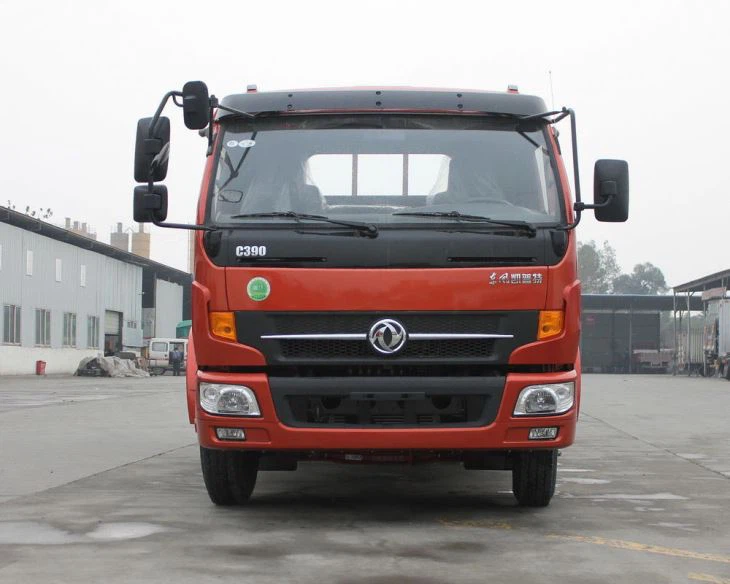
Fuel consumption should also be a consideration. Campers, requiring a towing vehicle, may have varied mileage based on vehicle type and weight. In contrast, larger RVs consume more fuel regardless of their state-of-the-art features.
Tips for Choosing the Right Option
Choosing between a camper and an RV can be daunting, but these tips can help make your decision easier:
1. Assess Your Travel Style
Think about how often you plan to travel, the comfort level you desire, and how many people you’ll typically travel with. This will help narrow down your choices.
2. Budget Wisely
After setting a budget for the purchase, don’t forget to factor in ongoing costs such as insurance, fuel, and maintenance.
3. Test Before You Buy
If possible, rent both a camper and an RV before purchasing to get a feel for what you prefer in terms of space, driving experience, and amenities.
4. Consider Storage Needs
Evaluate where you will store the vehicle when not in use. Campers often take up less space and are easier to store, while RVs require more room.
5. Know the Regulations
Research the local regulations regarding towing or parking either campers or RVs. Some areas have specific rules and limits that could impact your decision.
FAQs
What is the main difference between a camper and an RV?
The primary difference lies in their structure: a camper is usually a smaller, towable unit with basic amenities, while an RV (Recreational Vehicle) is a self-contained vehicle designed for traveling and living comfortably.
Are campers cheaper than RVs?
Yes, campers are generally more affordable than RVs, both in terms of purchase price and long-term costs like insurance and maintenance.
Can a camper be used for full-time living?
While some campers can be equipped for long-term use, RVs typically offer more amenities and comfort, making them better suited for full-time living.
Do campers require a special driving license?
Most campers do not require a special driving license, but some larger campers may require a towing endorsement, depending on local laws.
How do I maintain my camper or RV?
Regular maintenance involves checking tires, checking and cleaning appliances, inspecting the exterior for leaks, and ensuring the plumbing and electrical systems are functioning properly.
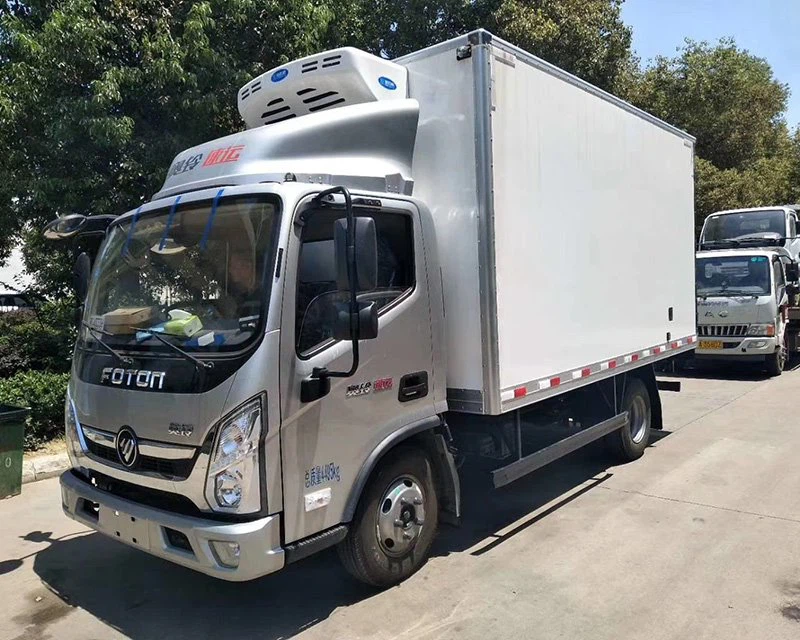
Can I tow a trailer with my RV?
Many RVs come with towing capacities that allow you to tow a small trailer; however, always refer to the manufacturer’s specifications to ensure you do not exceed the limits.
